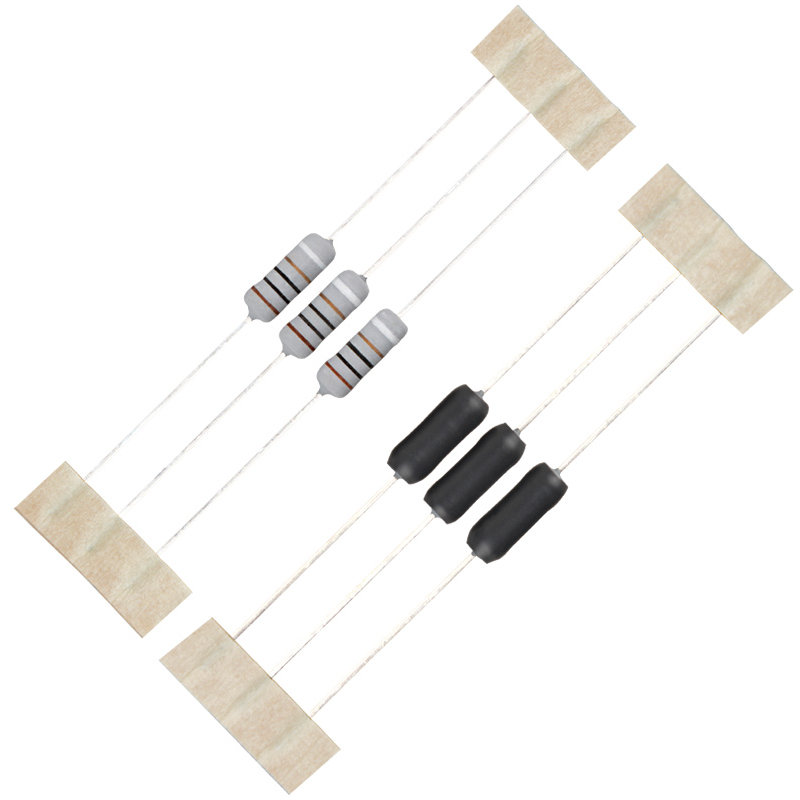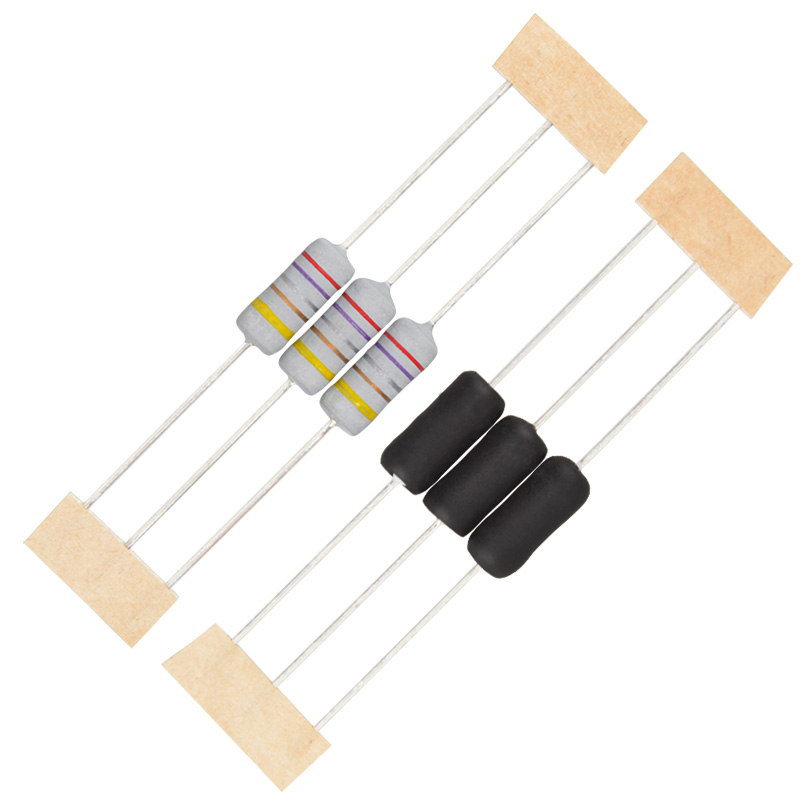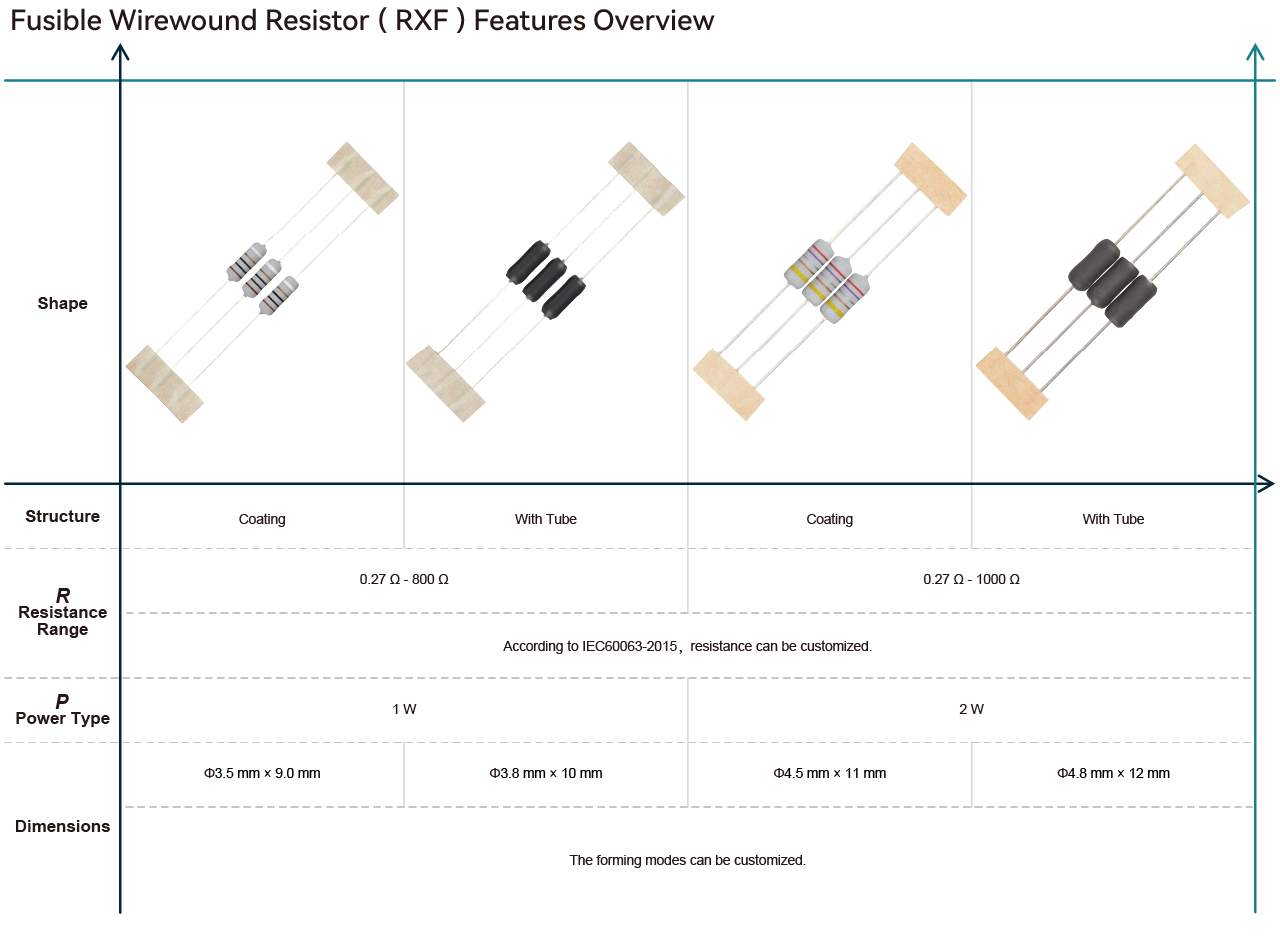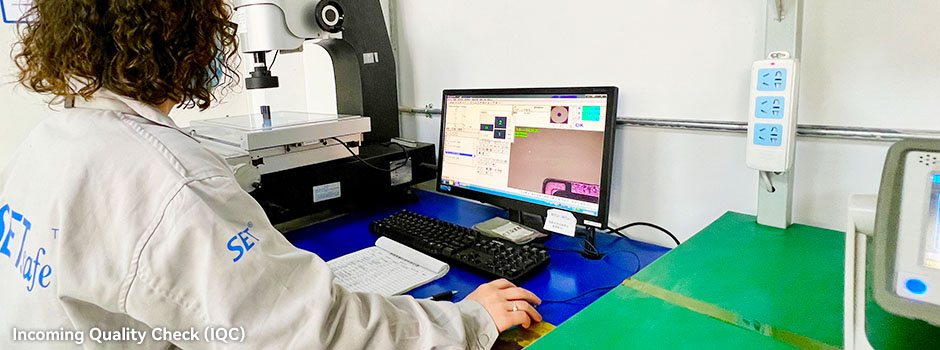
BRAND: All SETsafe | SETfuse products are derived from SETsafe | SETfuse’s own brand “SETsafe | SETfuse”
CUSTOMIZATION: Customers can customize Products, Technical Specifications and Circuit Protection Solutions at SETsafe | SETfuse (subject to communication between the two parties)
UPDATE: The information on SETsafe | SETfuse’s official website is the latest version, so feel free to purchase
- MOV & MOV Disk - Standard Type
- MOV - High Surge Type
- MOV Disk - Surge Protection Type for T1
- MOV Disk - Surge Protection Type for T2

- Simplified Chinese 中文
- Home
- Products
BRAND:
All SETsafe | SETfuse products are derived from SETsafe | SETfuse’s own brand “SETsafe | SETfuse”.
CUSTOMIZATION:
Customers can customize Products, Technical Specifications and Circuit Protection Solutions at SETsafe | SETfuse (subject to communication between the two parties).
UPDATE:
The information on SETsafe | SETfuse’s official website is the latest version, so feel free to purchase.
Over Temperature ProtectionOver Voltage ProtectionTransient Voltage Suppression (TVS Diodes)Thermal Protected Transient Suppression Diode (TTVS)ESD TVS Diode Arrays (ESD TVS)Thyristor Surge Suppressors (TSS)Gas Discharge Tube (GDT)Thermally Protected Gas Discharge Tube (TGDT)Metal Oxide Varistor (MOV) & MOV DiskThermal Fuse & MOV (TFV, TFMOV)Surge Protective Devices Module (SPD-M)Surge Protective Device (SPD)Over Current ProtectionActive ProtectionAccessories - MarketsRechargeable BatteryLithium Battery Thermal RunawayElectric Power ToolNew EnergyPV Power GenerationWind Power GenerationEnergy Storage BatteriesEnergy Storage System (ESS)Electric VehiclesEV Charging StationsLight Electric VehiclesHome AppliancesSmall Household AppliancesLarge Home ApplianceHome Appliance ComponentKitchen Appliances (Hotplates ...)Air FryerCoffee MachineElectric IronSmart ToiletPersonal Digital ProductsLifestyle AppliancesOffice EquipmentWalkie TalkieMedical Analysis InstrumentMedical Auxiliary FacilityMedical InstrumentLightingIndoor LightingOutdoor StreetlightPower SupplyPower Supply (Power < 20 Watts)HVDC in Data CentersPower Supply Unit (PSU)Battery Backup Unit (BBU)Uninterruptible Power Supply (UPS)TelecommunicationAutomotivePower StripSurge Protection Power StripSecurity & ProtectionTethered DroneIndustrial RobotHumanoid RobotService RobotSpecialty RobotAgricultural Irrigation EquipmentSmart Agricultural GreenhouseRail Transit FacilityRail-VehicleRailway Power SupplyFuel DispenserTraffic Control SystemTraffic Signal LightCommercial Cleaning EquipmentDelivery Locker (Drone)Vending MachineLightning Protection ComponentsHVAC Rooftop SystemsOutdoor Electric Wall Mounted HeaterFlag Explain
- News
- Support
- Company
- Contact Us































 Over Temperature Protection(87)
Over Temperature Protection(87)




 Over Voltage Protection(243)
Over Voltage Protection(243)








































 Over Current Protection(63)
Over Current Protection(63)
























 Active Protection(19)
Active Protection(19)






 Accessories(3)
Accessories(3)



















































